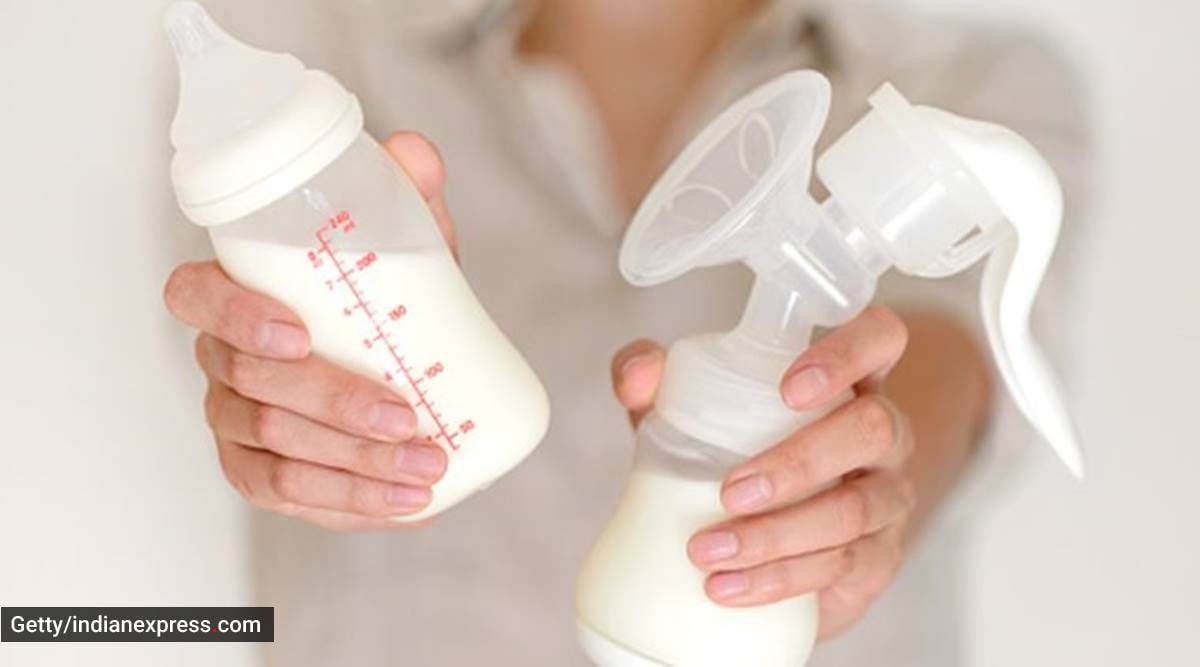Is donor breast milk an option for your baby?

Sometimes, adoptee families may wish to breastfeed their babies but may not have access to breast milk.

By Dr Vanshika Gupta Adukia
It has been well established and repeatedly highlighted that breast milk is the most optimal source of nutrition for infants especially in the first six months of life during infancy. We are well aware about this liquid gold being the foundation to a healthy immune system in babies. This is also the reason breast milk is a must in case of premature infants and low birth weight infants as babies have weak immune systems that need to be nurtured and fuelled immensely.
In fact, breast milk can be a lifesaver and works better than any medication for such infants. In India, there are over 1.4 million deaths of children under the age of five and almost 50 percent of those cases are babies under 28 days. Breast milk plays a big role in preventing these deaths.
Premature babies and low birth weight infants are first priority receivers of donor breast milk.
While every mother strives to breastfeed her baby, sometimes certain roadblocks may prevent the process of breastfeeding from being established. These include:
Low milk supply needing the baby to be supplemented over and above the mother’s breast milk.
Medication being administered to the mother which is inappropriate for breastfeeding.
For mothers with a history of breast surgery, milk production and adequate supply may sometimes be a challenge.
Often, a new mother may be suffering from an infection that is communicable and thus breastfeeding may not be an option.
Sometimes, adoptee families may wish to breastfeed their babies but may not have access to breast milk.
As many as 40 percent of vulnerable babies in NICUs across the globe are not able to consume their mother’s milk, often because of maternal illness, death or other issues.
For all such families, donated breast milk can prove to be the best gift they can ever receive.
It therefore comes as no surprise that The World Health Organization (WHO) recommends: All mothers should feed their infants solely with breast milk, exclusive of any other nutritional sources for the first six months of their infant’s life. The recommendation further states that for infants who cannot receive breast milk from their own mothers, the next preferred option is donated human breastmilk.
Unfortunately, in India, the demand for donor breast milk supersedes the amount of breast milk which is donated. For this reason, the availability of donated breast milk is limited and therefore can be procured for an infant only through a licensed prescription from a registered paediatrician. It has now become essential for us to look at increasing the awareness around us with regards to donor breast milk and the process of donation.
Breast milk banks and centres form the link in the chain between breast milk donors and breast milk procurers. These are medically supervised organisations often attached to hospitals and nursing homes to help with the process of breastmilk collection, eventual screening and final storage once breast milk is procured from lactating mothers who choose to donate their breastmilk by their own will.
(The writer is a pregnancy/childbirth & lactation specialist, a pelvic floor physiotherapist and the founder of Therhappy.)
Source: Read Full Article